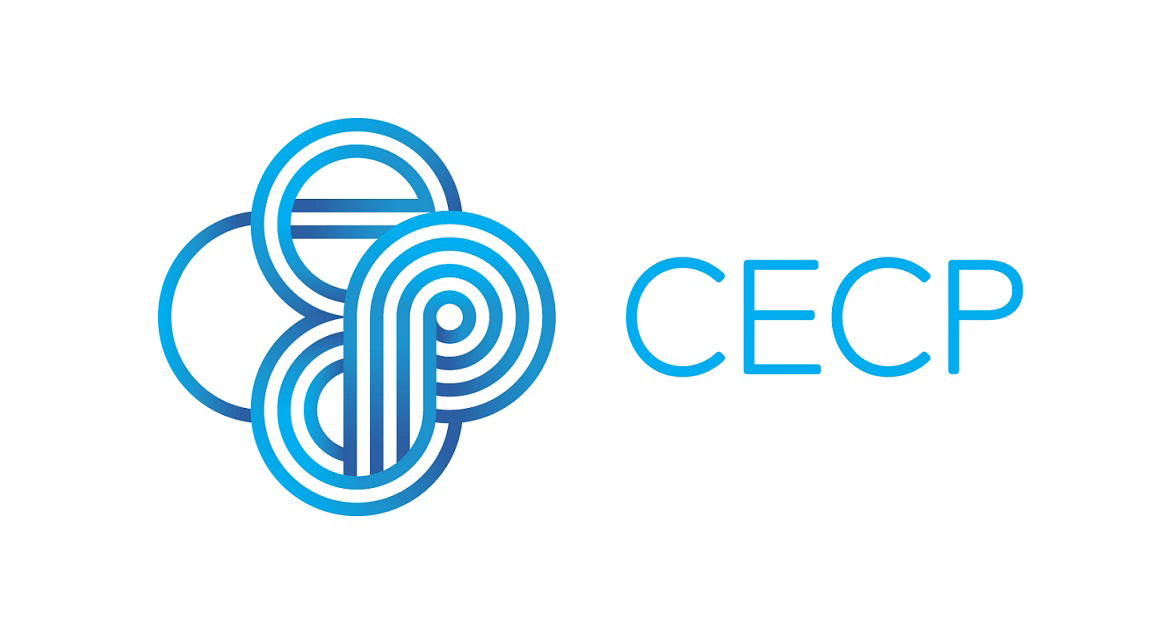Purpose-Driven Leadership During a Crisis
A letter from CECP CEO Daryl Brewster to CEOs

While each company is addressing its urgent needs in different ways – from health and safety precautions to tech platforms to the balance sheet – several encouraging trends are emerging. If ever there was a time for purpose-driven leadership and a broader stakeholder focus, it is now.
Principles of Purpose-Driven Leadership
Leading CEOs are out in front of their companies communicating clearly, keeping calm, and taking bold actions. They are addressing urgent needs while staying the course with an eye towards the long term. Target CEO Brian Cornell stated, “Normally, you’d view us as competitors, but today we’re focused on a common competitor and that’s defeating the spread of the coronavirus.”
Fortune’s reporting on Marriott CEO Arne Sorenson’s twitter message to the world stated, “While the current news is grim, his message was not: Plain-spoken, honest, transparent, detailed, tone-appropriate, and empathetic—all the things that help people feel less out of control…Sorenson’s message was clearly an example of authentic leadership.” He said emotionally, “I know that we as a global community will come through to the other side, and when we do, our guests will be eager to travel this beautiful world again.”
The Center for Higher Ambition Leadership held a conference call last week with health care companies BD, Quest Diagnostics, and Henry Schein, sharing progress on testing availability and the importance of purpose in uncertain times, highlights of which they will share soon.
Purpose-drive leadership is also marked by collaborative efforts and innovation:
- Collaborative Efforts: a central tenant of CECP’s work has been that no one can go it alone if we are to address society’s greatest challenges. Companies are showing us what this means through pre-competitive collaboration and new public-private partnerships. Mastercard has partnered with The Bill & Melinda Gates Foundation and Wellcome to launch a $125M accelerator fund to support and fast track the development of a treatment for the virus, with the invitation for others to join. Regeneron and Sanofi are working together on a vaccine. Wells Fargo has committed $175M to support community efforts with leading non-profits.
- Innovation: we are encouraged to hear about the nimble, yet thoughtful actions coming from across all sectors. Companies are solving challenges today with a focus on long-term risk management. Leaders and front-line employees are working tirelessly 24/7. Factory floors are being redeployed, supply chain components are being reformulated, companies are creating and marketing products for new uses, and leaders are putting a laser focus on supply chain, demand, and distribution. Approvals that typically take years are being fast-tracked in weeks. We are also seeing signs that employers could swap employees to put them where the need is the greatest.
Stakeholder Focus
Companies are stepping up efforts to address the needs of their significant stakeholders, given the challenges we face. These include taking care of employees, addressing supply chains, communicating with investors, and supporting communities:
- Taking Care of Employees: companies are looking out for their most vital stakeholder, their employees. They are working to keep their employees safe, through cash payments, sick days, guaranteed pay, and more. Walmart is giving employees a cash bonus, PepsiCo is increasing wages for the next month, Amgen is giving stipends to cover equipment and internet fees for working at home, Bank of America is increasing pay for those who are working at branch offices, and Salesforce has pledged to continue to pay their hourly service providers.
- Addressing Supply Chains: with or without government intervention, companies have stepped up to fill gaps or lags in the supply chain. To increase the supply of ventilators, GM and Ventec Life Sciences are teaming up and Medtronic is increasing manufacturing to 24/7. Hanes will start manufacturing face masks and Apple is donating them worldwide. Amazon, Walmart, and others are hiring to step up distribution and meet customer demand.
- Communicating with Investors: this is not the first downturn, so we have the benefit—and necessity—of learning from history, which tells us that managing for the long term pays off. Cutting through the noise and conjecture, the SEC is a resource for balanced information:
SEC Guidance in the wake of COVID-19
- Conditional Regulatory Relief and Assistance for Companies: the impacts of the coronavirus may present challenges for certain companies that are required to provide information to trading markets, shareholders, and the SEC. These companies may include U.S. companies located in the affected areas, as well as companies with operations in those regions.
- Guidance to Promote Continued Shareholder Engagement, Including at Virtual Annual Meetings: the guidance is designed to facilitate the ability of companies to hold these important meetings, including through the use of technology, and engage with shareholders while complying with the federal securities laws.
- Supporting Communities: according to a recent CECP Pulse Survey, 89% of companies have already taken some community action, whether it was to implement their disaster relief strategy or change existing policies for things like matching gifts and pro bono service. Many companies are calling all their community partners to see how they can help. Las Vegas hotels such as Wynn and MGM are working with community and business partners to secure gloves, refrigerator trucks, and volunteers to distribute food from their hotels to the community and provide funds to those most in need. Utility companies such as Entergy, AT&T, Comcast, PSEG, and others have waived late fees, halted service interruptions, and provided free services.
Find more information on the CECP Insights blog: Additional guidance on where a company should focus its social investment efforts, here. Additional company examples, here.
Sincerely,
Daryl
Daryl Brewster, CEO, CECP

